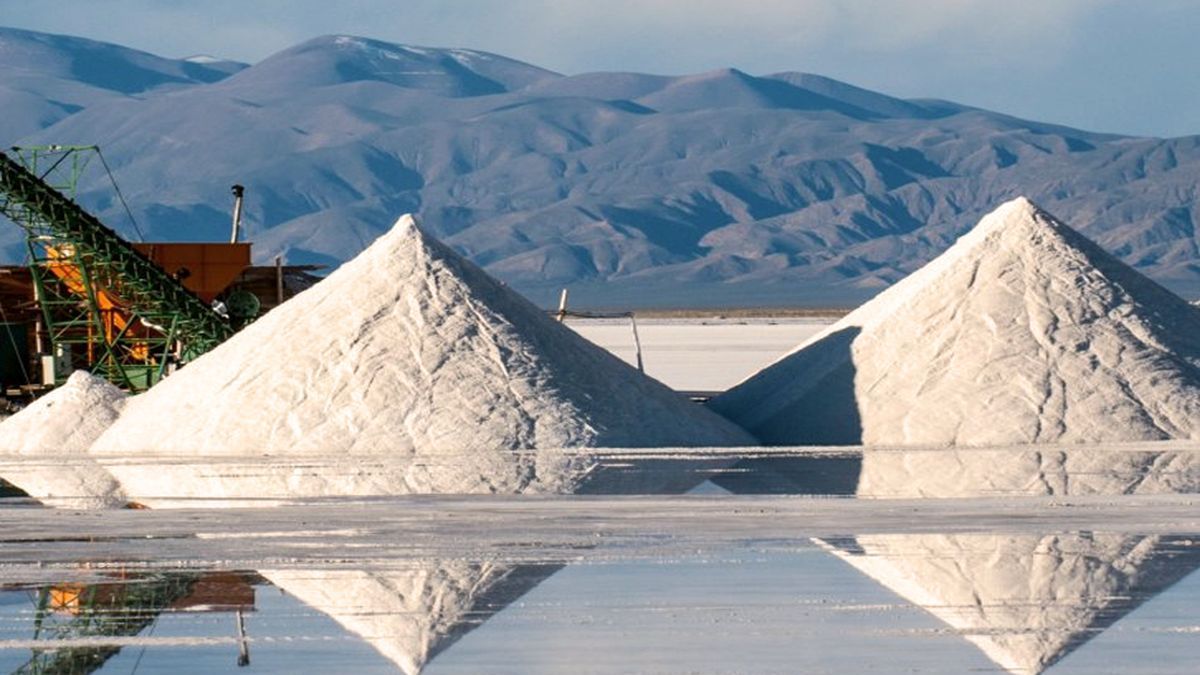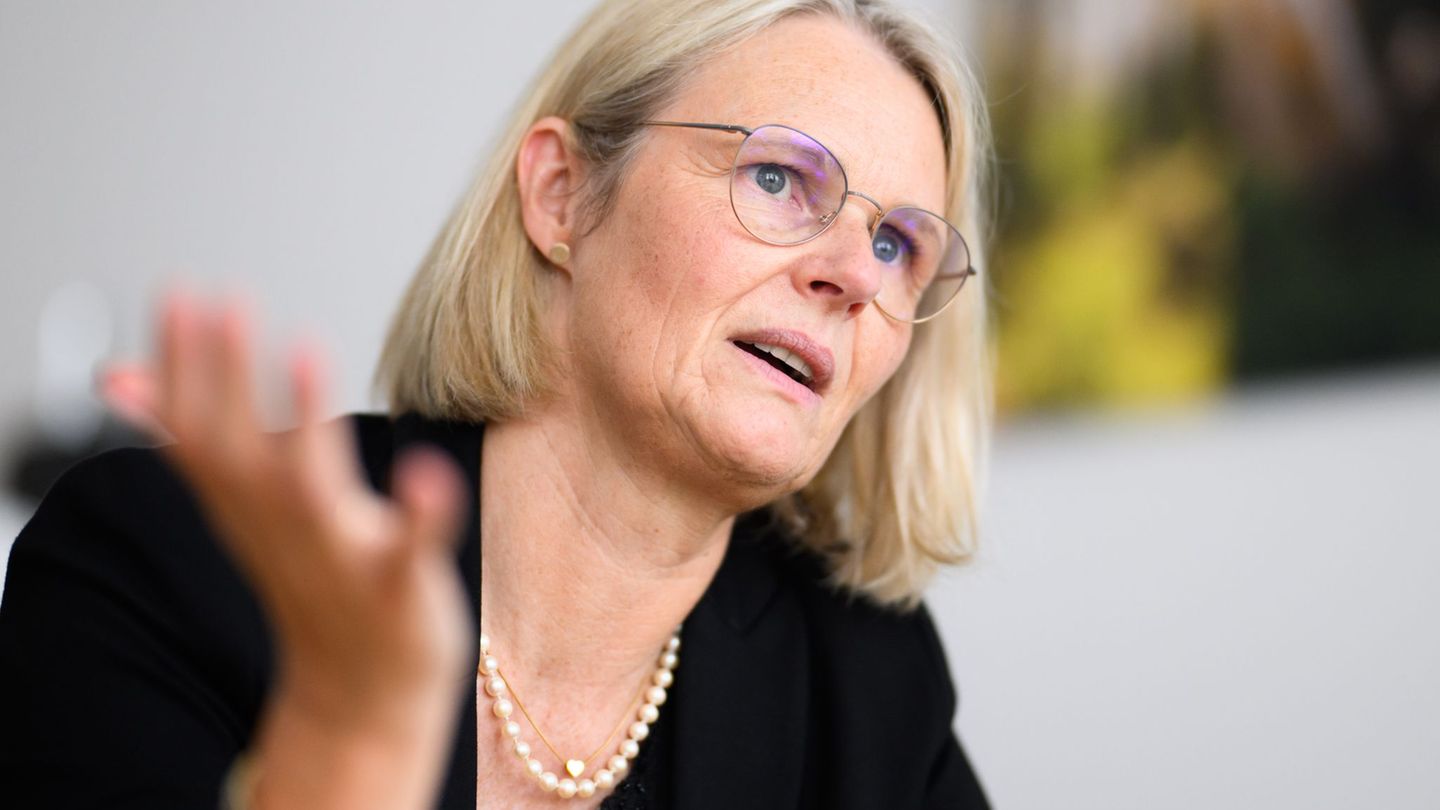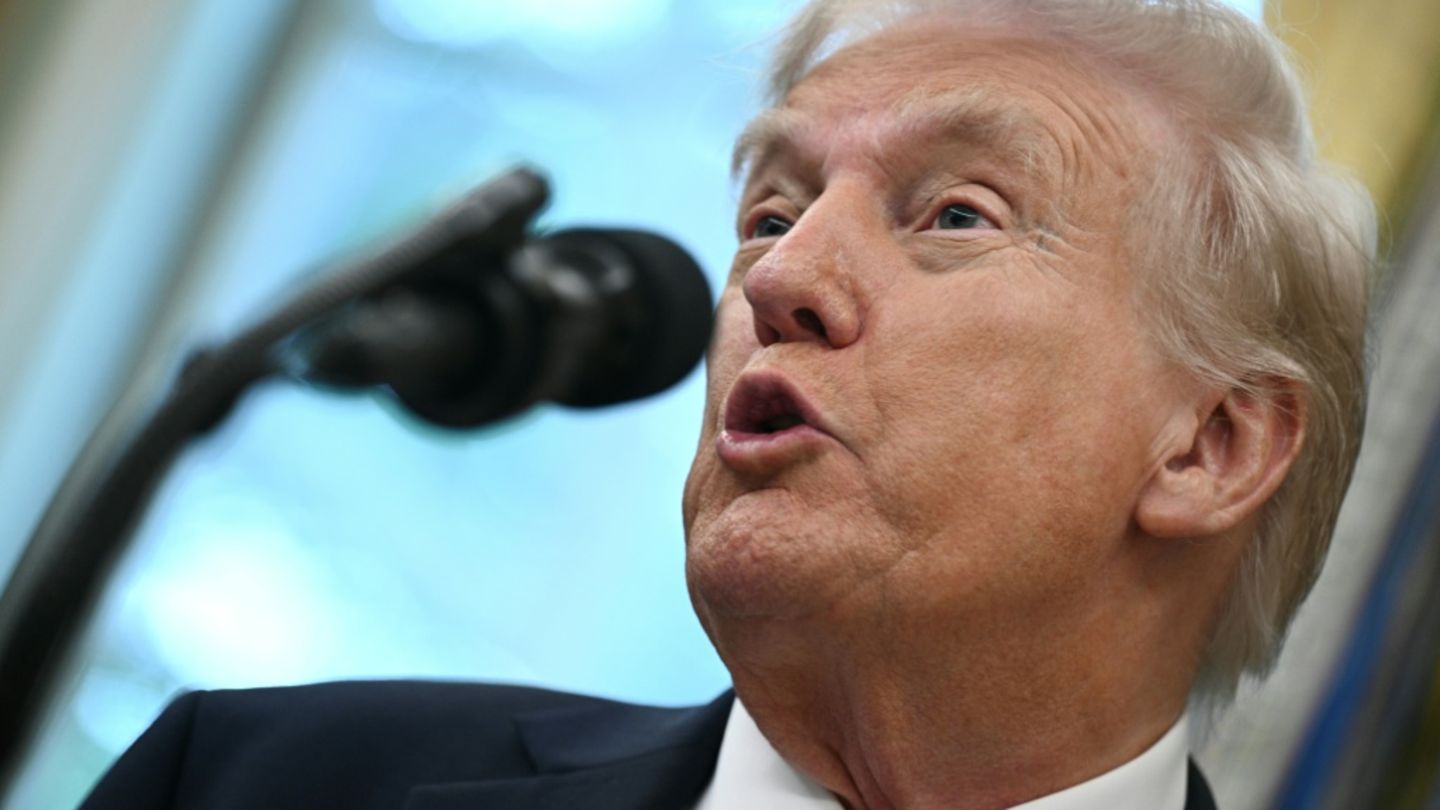Lithium is no longer a promise of the future and the Government is already beginning to record specific data: exports were record in the first quarter, increasing 133% year-on-year. In this context, from Casa Rosada they seek, together with the governors of the north, to advance with two bills that aim to generate incentives so that progress can be made in the industrialization of lithium and electromobility. However, the draft of the law is “observed” within the Ministry of Economy by some points that they consider questionable, such as quotas for the domestic market, withholdings, royalties and “preferential prices”.
Lithium exports broke another record: they were US$91 million in March, so the The first quarter of the year had sales abroad of US$ 233 million (+133%). This is partly explained by the rise in prices, but also because the quantities exported increased by 23%. Thus, lithium dollars already represent almost a third of mining activity (27%), according to data from the Ministry of Mining.
The portfolio headed by Fernanda Ávila reported that these figures are reached with the two projects that are currently in production: Fénix in Catamarca and Olaroz in Jujuy. “If Argentina continues with this rhythm, and the six projects that are under construction are put into production, in 2025 we will increase the productive capacity to more than 200 thousand tons”they officially reported. This would lead to exports over US$ 7,000 million, taking the average prices of 2022, where a ton of carbonate cost US$37,000. This value could increase as the demand for electric mobility increases.
industrialize lithium
The Lithium Table, which brings together governors, the Executive Branch and the Ministry of Economy, agreed to move forward with a legal framework to promote industrialization. The draft was drawn up by Casa Rosada and sent to the Ministry of Economy. However, as Ámbito was able to find out, there is no progress due to the presence of “observation points”.
In the Executive Power they believe that if they take too long in making corrections, the sending of the bill to Congress will be delayed, and its approval becomes practically impossiblein an election year. In addition, they consider that, if there is a change of government after the presidential elections, there will be no law of this type. From Casa Rosada they critically read a note entitled “Let’s not make battery factories”, written by Santiago Dondo, former undersecretary of Mining Policy during the Cambiemos administration, published in Seoul magazine.
The bill for the development of the lithium and battery value chain, as the draft says, seeks for Argentina to join the industrialization, first of some elements, such as cathodes or cells, and in the medium term just get to the batteries. “Without a regulatory framework, companies are not going to have incentives to invest in this sector, when 85% of the market is in China”they explained from Casa Rosada.
“Observed” points
There are several articles that are “observed” by the Ministry of Mining, which reports to the Minister of Economy, Sergio Massa. On the one hand, the point that declares lithium “of strategic interest”. The underlying doubts in Economy is that, if the change involves removing lithium from the mining code, it could end up “discouraging investment.” Possibly left out.
Currently, there are only two lithium mines in production, but 38 projects in portfolio, between evaluation and construction. On all his trips to the United States, Massa promotes lithium, and he needs investment, especially in a context of a lack of dollars. One of the two projects in Argentina is from the American Livent.
In addition, the project raises “quotas for industrialization”that is, to create a mandatory quota for the internal market, which implies “obligation to sell” of a part of the production of the mining companies, based on “preferential prices”, lower than those for export. Doubts go through the percentages in the draft, ranging from 5% to 20% of total production. The companies are opposed.
Another point under review is that of the Export rightswhich in the draft shows a segmentation: they could increase for the export of lithium, but go to 0% for exports of lithium-ion cells and battery packs. In addition, they discuss mobile royalties”, based on the international price of lithium.
electromobility project
At Casa Rosada they defend the project by ensuring that resembles the Chilean lawwhich also has quotas for the domestic market and, although it does not have withholdings, royalties can reach 40%, which explained that last year Chile raised US$5 billion product of historical international prices.
Where it is expected that there will be an internal consensus of the Government is in the electromobility bill, which is currently being drafted by the Executive Power, and will then be turned over to the Ministry of Industry for review. That project that will establish a regime with promotion measures is seen with better eyes in Economy, and it is possible that it could reach Congress this year. In this case, in the Executive Branch they believe that the fact that it has the approval of the private sector, such as the businessman, will also have a greater boost. Daniel Herrero, former president of Toyota.
Source: Ambito




